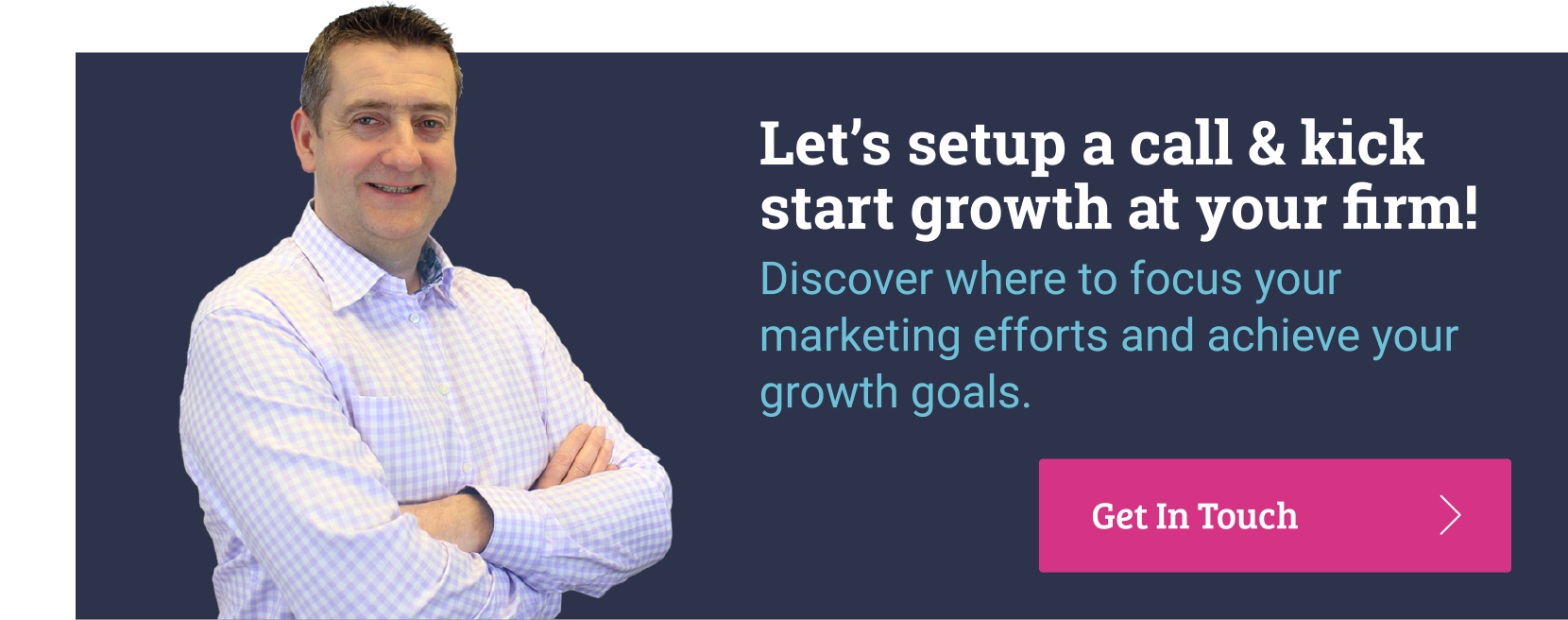
Education - Let Your Audience Know You're Top Of The Class!
By John Hogg
Tags:
Content Marketing Social MediaSocial Media Education
Welcome to the latest blog in our series of 8 steps for B2B Social Media Success!
In our last blog we discussed different ways to approach engagement with your audience using social media. Education is the next step up for discussion in our 8 steps for B2B Social Media Success.
So what exactly does educating your audience mean?
If you’re reading this blog series, you’re probably interested in using social media as an extension of your brand strategy. You want to create brand awareness and engagement and will therefore want to create a content strategy to help achieve this.
Whilst selling overtly on social media is, in our eyes, a big no-no, using it to educate potential purchasers about why your products or services are worth it is a definite yes-yes! As long as your educational posts are part of an overall content strategy that mixes up a wide range of content, for example interesting posts about your industry, relevant company information and other 'non-salesy' posts, you cannot be accused of using social media for purely sales means. Today's blog will therefore focus on how you can use social media to help educate your B2B audience.
So let's start by looking at what the Oxford Online Dictionary says about education. Their definition can be split into two parts:
- The process of receiving or giving systematic instruction, especially at a school or university: a course of education
- (An education) An enlightening experience: Petrus is a good workman—it is an education to watch him
Ref: http://oxforddictionaries.com/definition/english/education
Obviously, we favour the later of these definitions; education as an enlightening experience. We believe you should try to enlighten your audience about your brand with creative, informative content about the products and services you offer as well as other relevant breaking news and developments in relation to your industry.
By imparting this information, you will empower your audience to make informed decisions about the solutions your business can offer and if you also share industry news you’re showing your audience that you’re confident and knowledgable about your profession. This all serves to establish your online credibility and build authority.
OK, now I know what education is, how do I do it?
You want to educate your audience about the benefits of your brand because you can’t expect to increase awareness, create leads or generate sales if they aren’t familiar with your products and services. Thankfully, there are a whole host of different ways you can use social media to educate your audience about your business and it is continually changing with developments in technology.
Before you go about developing your educational content it is important that you establish a few key points to help guide you along your way:
- Who is your audience?
- What are they interested in?
- What challenges do they face?
- How do they currently use social media?
These are just a few examples, but the key here is that if you do your homework and understand your audience a bit better your content will be much more focused and stand a much better chance of resonating with them.
The beauty of social media is the vast range of methods and techniques you can use to get your message across. In addition to normal text based posts you could consider educating your audience through:
- Images
- Videos
- Webinars
- Infographics
- E-Books
- White papers
The secret of education is to think about your customer, their industry and how your products or services can help them with their day-to-day life and solve any problems they may have. For example, providing a video entitled: ‘Hints and tips on how to half the time you spend each month preparing client accounts', could resonate with a potential accountancy client a lot better than the following social media post, 'Buy our accounting software now as it is the best in the industry'.
Rather than say ‘our software is the best’ and run the risk of sounding arrogant, you have identified a key pain point for your audience and how your software may help.
This will resonate more with your audience and will more likely lead to a higher level of engagement.
Ensuring you have a schedule in place will also help to balance your social media content and allow you to take a strategic view of how you will distribute your content. Planning will allow you to forecast certain scenarios and will enable you to arrange effective calls to action for each individual post in advance and save you frantically trying to do everything at the same time - whilst doing your day job.
In Summary
Inevitably, it will be down to a person or a purchasing committee to make the decision to purchase your products or services so you want to make the education process as simple as possible. By enlightening your audience on the benefits of using the services you provide and essentially identifying why you’re a 'good fit' will make the process much simpler. However, just don't try to 'educate, educate, educate', this will inevitably bore your audience and can lead to a very unpopular social media channel deterring possible leads for your business.
So, in a nutshell... mixing a series of key business benefits, designed to educate your audience about how you can help address some of the issues they may have, in conjunction with your overall content marketing strategy, will undoubtedly motivate people to take the next step and get in touch. This process moves your audience along the funnel and is designed to convert visitors into leads that you can get in touch with (either online or in person depending on your industry) and turn them in to sales - something which we are all looking more for!
Have you any interesting stories about how you educate your audience? Why not share some stories of how your educational content has helped you reach your goals and objectives?

John Hogg
John is managing director of Enlighten IC and has been involved in legal marketing and technology marketing for over 25 years. He is passionate about how an inbound approach to marketing can help firms to drive leads and grow their business.
Get In Touch

